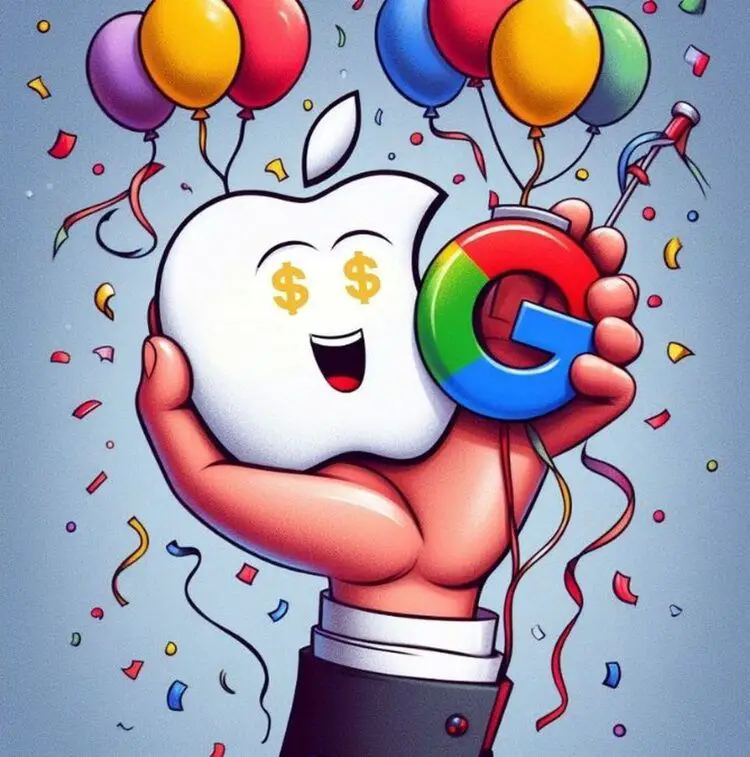A recent disclosure during the Justice Department’s antitrust trial has unveiled the hidden dynamics of the long-standing partnership between Google and Apple. The revelation? Google pays a significant 36% of the revenue generated through search ad activity on Apple’s Safari browser for the privilege of being its default search engine. Join us as we unravel the details of this secret pact, examining its history, the impact on both tech giants, and the potential consequences that could reshape the digital landscape.
Welcome to the intriguing world behind the scenes, where a 36% slice of the pie is the price for prime real estate on the world’s most popular smartphone.
The hidden agreement
The revelation came from Kevin Murphy, an economics expert for Google’s parent company, Alphabet. As part of the agreement for Google to be the default search engine on Apple devices, the search giant pays a staggering 36% of the revenue generated through search ad activity on Apple’s Safari browser. This normally confidential disclosure adds a fascinating layer to the ongoing antitrust case.

During the trial, Google’s main litigator, John Schmidtlein, visibly cringed when Murphy laid the confidential number bare. The rarity of such revelations adds drama to an already high-stakes courtroom battle, with the Justice Department arguing that Google maintains an illegal monopoly over the search engine and search ad markets.
The long-standing partnership
The deal between Google and Apple dates back to 2002, a remarkable five years before the iPhone’s debut. Since then, the partnership has evolved, becoming increasingly crucial for both companies. Despite numerous revisions, the financial figures underscore the significance of Google retaining its prime position on the world’s most popular smartphone. Amidst the legal drama, key figures in the tech industry have testified. Apple’s senior vice president of services, Eddy Cue, defended Google’s status as the iPhone’s default search engine, citing it as the best available. On the other hand, Microsoft CEO Satya Nadella argued that the deal essentially blocks competitors like Microsoft’s Bing from gaining a meaningful share of the search market.
The high stakes
The disclosed 36% revenue share sheds light on the immense financial gains for both Google and Apple through this long-standing partnership. The outcome of the antitrust case could potentially alter the landscape, forcing Google to end its cozy deal with Apple. If Google loses, iPhone users might be given the option to choose their default search engine, disrupting Google’s dominant position.
The case could also pave the way for Apple to develop its own search engine, though such a move might take years to materialize. The tech world watches with bated breath as the courtroom drama unfolds, wondering whether this revelation will be a catalyst for change in the dynamic partnership between two of the industry’s giants.





